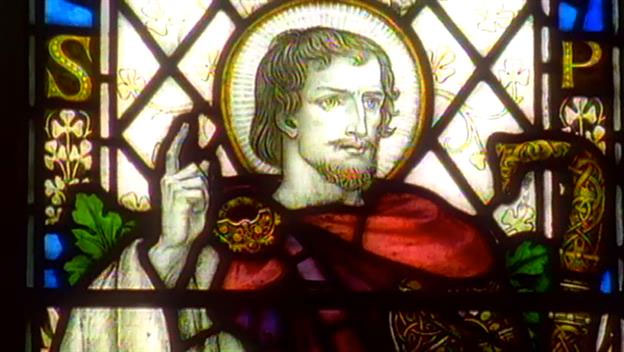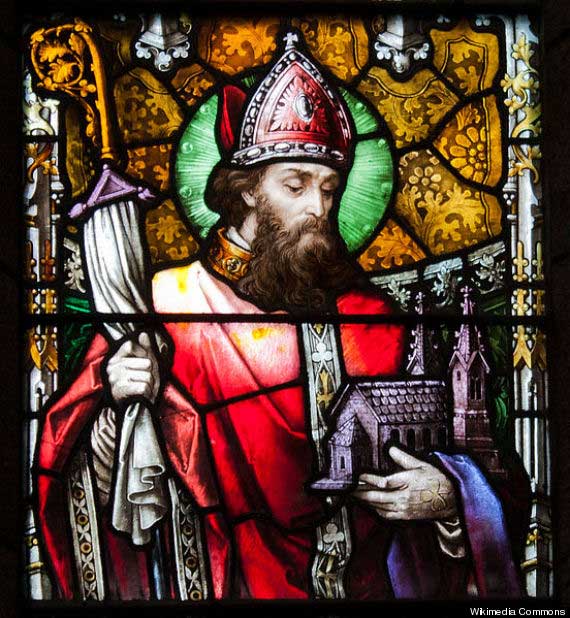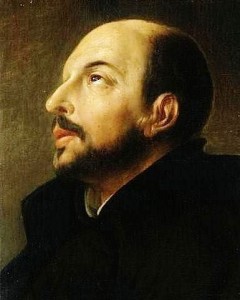Podcast: Play in new window | Download (Duration: 27:57 — 19.3MB) | Embed
Subscribe: Apple Podcasts | Spotify | Amazon Music | Android | Pandora | iHeartRadio | JioSaavn | Podchaser | Gaana | Podcast Index | Email | TuneIn | Deezer | Anghami | RSS | More

Steps to a Deeper Prayer Life – The Daily Prayer of Discernment: The Examen Prayer with Fr. Timothy Gallagher
Fr. Timothy Gallagher and Kris McGregor discuss how the Examen opens our spiritual eyes, helping us see God’s concrete ways of loving us, which deepens our relationship with Him.
The Examen begins with gratitude, reflecting on specific moments where God has shown His love. Fr. Gallagher provides a detailed example through Jean, who reflects on various events of her day, recognizing God’s presence and expressing gratitude for each moment, whether it be a supportive conversation with her husband, a reassuring Mass reading, or a productive workday.
The second step is petition, where one asks for God’s help to see and understand the spiritual realities of the day. Fr. Gallagher underscores the importance of recognizing prayer as a gift from God, requiring His grace to perceive spiritual truths and guidance.
The importance of not rushing through the Examen, allowing ample time to recognize and be grateful for God’s specific gifts, and maintaining an awareness of the relational aspect of prayer, contrasting it with self-reliant efforts of moral improvement. This approach fosters a deeper spiritual growth and a closer relationship with God.
Discerning Hearts Reflection Questions
- How have you experienced God’s concrete love in your life today?
- What specific moments from today are you grateful for, and how did they reveal God’s presence?
- Can you identify particular gifts or blessings from God in today’s events or interactions?
- What spiritual insights did you gain as you reflected on today’s experiences with God?
- How can you ask God for greater clarity and understanding of His presence in your daily life?
- In what ways can the Examen prayer deepen your relationship with God?
- How do you feel called to respond to the love and blessings you have recognized in your day?
- Are you allowing yourself enough time to fully engage with each step of the Examen prayer?
- How can you cultivate a greater dependence on God’s grace in your prayer life?
- How does recognizing prayer as a relational act with God change your approach to it?

As outlined from the Spiritual Exercises of St. Ignatius of Loyola
(translated from the autograph by Fr. E. Mullan, S.J. 1909 in the public domain)
METHOD FOR MAKING THE GENERAL EXAMEN
It contains in it five Points.First Point. The first Point is to give thanks to God our Lord for the benefits received.
Second Point. The second, to ask grace to know our sins and cast them out.
Third Point. The third, to ask account of our soul from the hour that we rose up to the present Examen, hour by hour, or period by period: and first as to thoughts, and then as to words, and then as to acts, in the same order as was mentioned in the Particular Examen.
Fourth Point. The fourth, to ask pardon of God our Lord for the faults.
Fifth Point. The fifth, to purpose amendment with His grace.OUR FATHER.
Father Timothy M. Gallagher, O.M.V., was ordained in 1979 as a member of the Oblates of the Virgin Mary, a religious community dedicated to retreats and spiritual formation according to the Spiritual Exercises of St. Ignatius. Fr. Gallagher is featured on the EWTN series “Living the Discerning Life: The Spiritual Teachings of St. Ignatius of Loyola”. For more information on how to obtain copies of Fr. Gallaghers’s various books and audio which are available for purchase, please visit his website: frtimothygallagher.org






